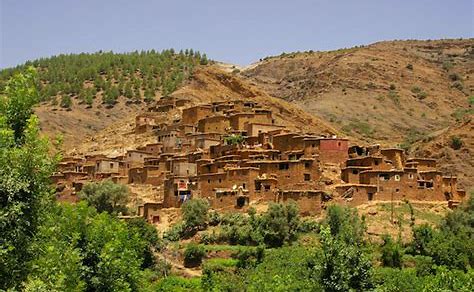
King Mohammed VI targets Morocco’s rural development
Morocco’s King Mohammed VI’s 12 October speech to both Houses of Parliament in Rabat to open the new legislative year mainly focused on the disparity between economic development in the country’s rural and urban areas, and the subsequent need for rural development. His opening remarks about the cohesiveness of Moroccan society — ‘the cohesion and unity of Moroccans…stem from the values of brotherhood and concord which are deeply ingrained in our hearts’ — suggests that he sees narrowing the gap in inequality as a cornerstone of preserving national stability. He has worked for months to distance himself from the Islamist-dominated Parti de la Justice et du Développement (PJD) government and portray himself as the guardian of the people’s concerns.
Because he used such an important speech at the start of the legislative year to focus almost exclusively on rural economic development, it indicates that the king sees this issue as a parliament’s top priority. He suggested passing laws that would provide greater funding for political parties as an example of new laws that could stimulate this development. This is possibly because he sees the local offices of political parties — particularly parties aligned with the Palace — as a useful conduit through which local issues might be raised and addressed. This is a continuation of an ongoing effort to de-centralise decision making from Rabat: if political parties in far-flung provinces are empowered with greater decision-making and resources, then those areas might improve in the future. Political parties are a useful conduit for rural development because they are local to these areas but can also be held accountable in the capital.
The main reason why the king used the televised speech to prioritise rural economic development is to slow the unsustainable rate of young rural migrants moving to Morocco’s cities. About 25% of the country’s rural population currently lives at or below the global poverty line, whereas only 10% of the urban population does. Morocco’s lack of rural development is pronounced: rural residents are mostly semi-subsistence farmers with rain-fed crops and are therefore at risk of starvation when drought strikes. Only 16% of the country’s farmland was irrigated in 2015 and this is mostly for the 1% of farmers who work on land growing commercial crops for export. The problem of rural poverty is acute for women in particular: official figures estimate that 54% of rural women are illiterate although other estimates put the figure as high as 90%.
This analysis is taken from our Morocco Focus report. To receive a free sample contact us here.



